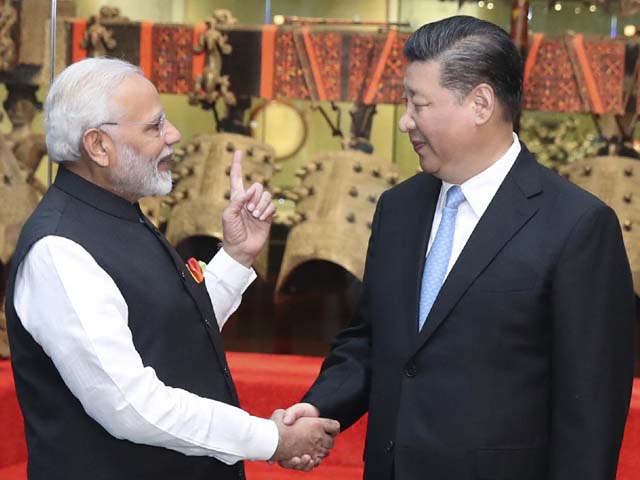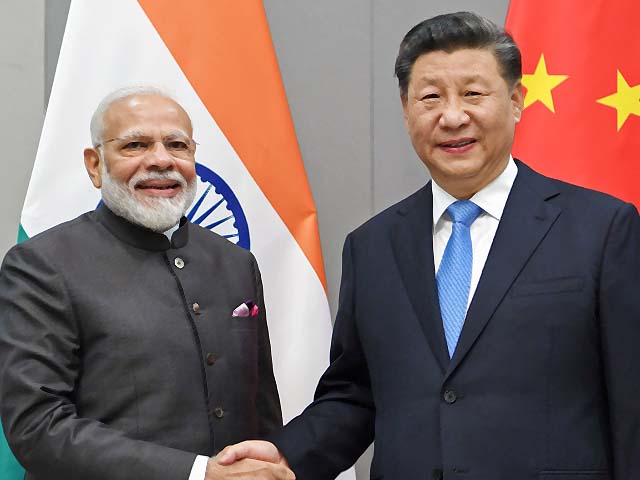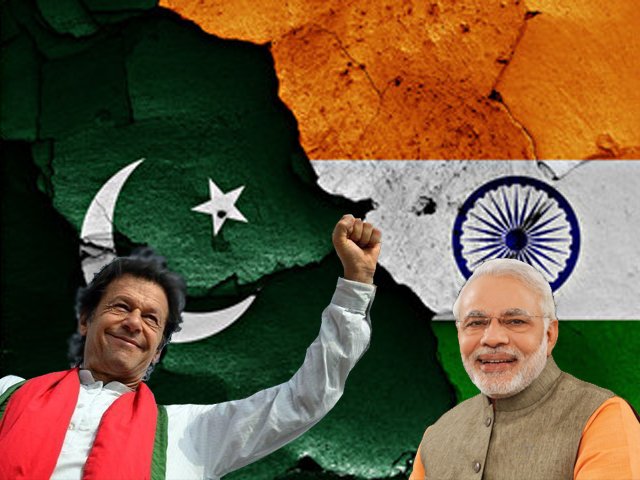
The onus to end the Syrian crisis now lies on Russia and the US
Only a negotiated solution can offer a solution to end this human tragedy.
The Syrian crisis is becoming increasingly complex and intractable due to the civil war – which was triggered by a repressive government led by Bashar al Assad – who let loose a reign of terror on protesters fighting for civil liberties and democratic reforms. Eventually it escalated into an armed conflict, one that was subsequently upstaged by two powerful superpowers – Russia and the United States.
The whole narrative of the civil war changed when Russia helped out their ally, Assad, (who was facing defeat at the hands of the rebels) by supplying him with artillery, tanks and strike aircraft. Iran, on the other hand, sent Hezbollah fighters to augment the Syrian army. Both these events changed Assad’s fortune (who had come under increasing international pressure to demit his office).
President Barack Obama also made matters worse by refusing to commit the US forces to support the rebels. His decision to hold back on Syria proved costly as the Syrian forces, which did not have enough fighters to go all out against the rebels, got a fillip when Russia came to its rescue by supplying armoured tanks and fighter planes.
However, because of increasing pressure from his administration, Obama finally agreed to provide air support to the rebels. In Syria, we have a situation where the US led coalition forces – along with Saudi Arabia and Turkey – are backing the rebel forces, while Russia and Iran are supporting the Syrian president. Turkey is fighting its own battle with the Kurds, one of the factions of the rebel forces. Iran’s support for Assad is more to do with religion as they share similar ideology of Alawites and loathe seeing a Sunni government in Syria. In effect, the Syrian crisis has now become a proxy war between Russia and the US.
Against this backdrop, securing any peace deal becomes complex because of the support of two superpowers to the contending parties. It is to the credit of both Russia and the US who, setting aside their differences, brokered a peace deal between the Syrian government and the rebels to observe a ceasefire and maintain peace during the Muslim holiday, Eidul Azha.
This, though a small step, should be welcomed as it gives a ray of hope to end the crisis in the region. Moreover, the temporary truce would pave the way for providing humanitarian assistance to the besieged cities like Aleppo, where the people are facing untold misery and a human tragedy of unprecedented proportion.
Syria has been torn asunder ever since the conflict began in March 2011, which has already claimed over 400,000 lives, including over 15,000 children. Many of the Syrians have escaped from the conflict zones and have sought refuge in European countries.
The genesis of the crisis started when Hafez al Assad, Bashar’s father, an Alawite, filled all important positions in the military, intelligence and the government with Alawites, who make up only 15% of the population. This led to a simmering anger amongst the Sunnis, who formed 75% of the population.
However, when his son Bashar took over as president after his father’s death, there were strong expectations that he will undo all the discriminatory practices of his father and will give proper representation to Sunnis in both, the army and government.
But he disappointed everyone by continuing his father’s legacy. He went a step further by violently crushing all dissent against him. Further, the reforms initiated by him only benefitted the Alawites and the rich Sunni businessmen. This led to a revolt against him and he came heavily on Arab Spring protesters. His heavy handedness in dealing with the revolt led to large scale human rights violations and other crimes.
The US, EU and the Arab league, who were concerned with the deteriorating situation in Syria, put pressure on Assad to step down so that his successor could pave the way to form a government that could give due representation to the Sunnis, both in the government and the army, but he refused to heed them.
In fact, the US, UK and France brought a resolution calling for United Nations (UN) sanctions and also military intervention against Assad’s government, which would have forced his hands. But, unfortunately, Russia vetoed the resolution.
Not only that, they also extended support both on land and air to deal with the rebel forces. By early 2013, Saudi Arabia and other Arab countries decided to come to the rescue of the rebels in dealing with the Russian backed Syrian army.
A study of conflicts across the many parts of the world shows that it is impossible to sustain conflicts for a long period of time without the financial support and supply of arms from other countries. In case of Syria, as both the contending forces are being supported by rival superpowers, (financially and also with firepower) the conflict is not showing any sign of abatement. Russia took full advantage of the indecision of Obama in entering the cesspool of conflict as the US had learnt its bitter lessons in the Iraq conflict, which has not been able to defeat the ISIS – who continue to occupy many towns and are in control of many oil fields.
One is, however, not sure for how long peace would last because of intractable positions of the Syrian government and the rebels. The US has proposed a close military cooperation with Russia in dealing with terrorist organisations like ISIS, and has requested Russia not to provide air support to Syria against the rebel forces.
Sadly, an airstrike by a US led coalition on September 18, 2016 has claimed the lives of 80 Syrians troops putting a question mark on the fragile ceasefire agreement. Russia accused the US for violating the ceasefire agreement, but the US has responded by saying that it was a mistaken attack, as their main target was the ISIS, and not the Syrian troops. Now, we hear reports that the Syrian forces have launched air attacks against the rebel forces in Aleppo. On the night of September 19, 2016, 18 trucks carrying relief supplies to the rebel held northern Aleppo was destroyed as a result of an airstrike allegedly by either Russian or Syrian aircrafts. It led to the death of over 20 aid workers, forcing the UN to stop future transportation of relief.
Both Russia and the US should realise that such violations of the ceasefire agreement would lead to the collapse of the peace deal and should take immediate steps to maintain the ceasefire agreement so that the situation does not spiral out of control.
The only possible long term solution is for the UN to persuade Russia, the US, Saudi Arabia, Iran and EU to work out a solution that is acceptable to all parties involved. Such a solution is possible only if Assad steps down, as the rebels would not agree to any solution that has Assad as the president.
Secondly, to make any solution effective, the Alawites require a guarantee that, in the event of a transition of power, their interests would be safeguarded.
Another vexed issue is bringing all rebel groups like Syrian Democratic Forces, Salafi jihadist, Al Nusra groups to the negotiating table, as these factions are being supported by different countries. To further complicate the matter, Turkey has refused to extend any support to the Kurd rebels. Today, Syria exists as a country in name only, as it’s in control of only 25% of its territory, the rest being under the control of rebel forces – Kurds and the ISIS, not to speak of annexation of the Syrian Golan Heights by Israel.
In the absence of any other credible plan, the only solution is to maintain a ceasefire till the relevant parties come to a resolve that ends the conflict entirely. Moreover, as there is no prospect of outright military victory by either power, only a negotiation can offer a solution to end this human tragedy.




COMMENTS (1)
Comments are moderated and generally will be posted if they are on-topic and not abusive.
For more information, please see our Comments FAQ